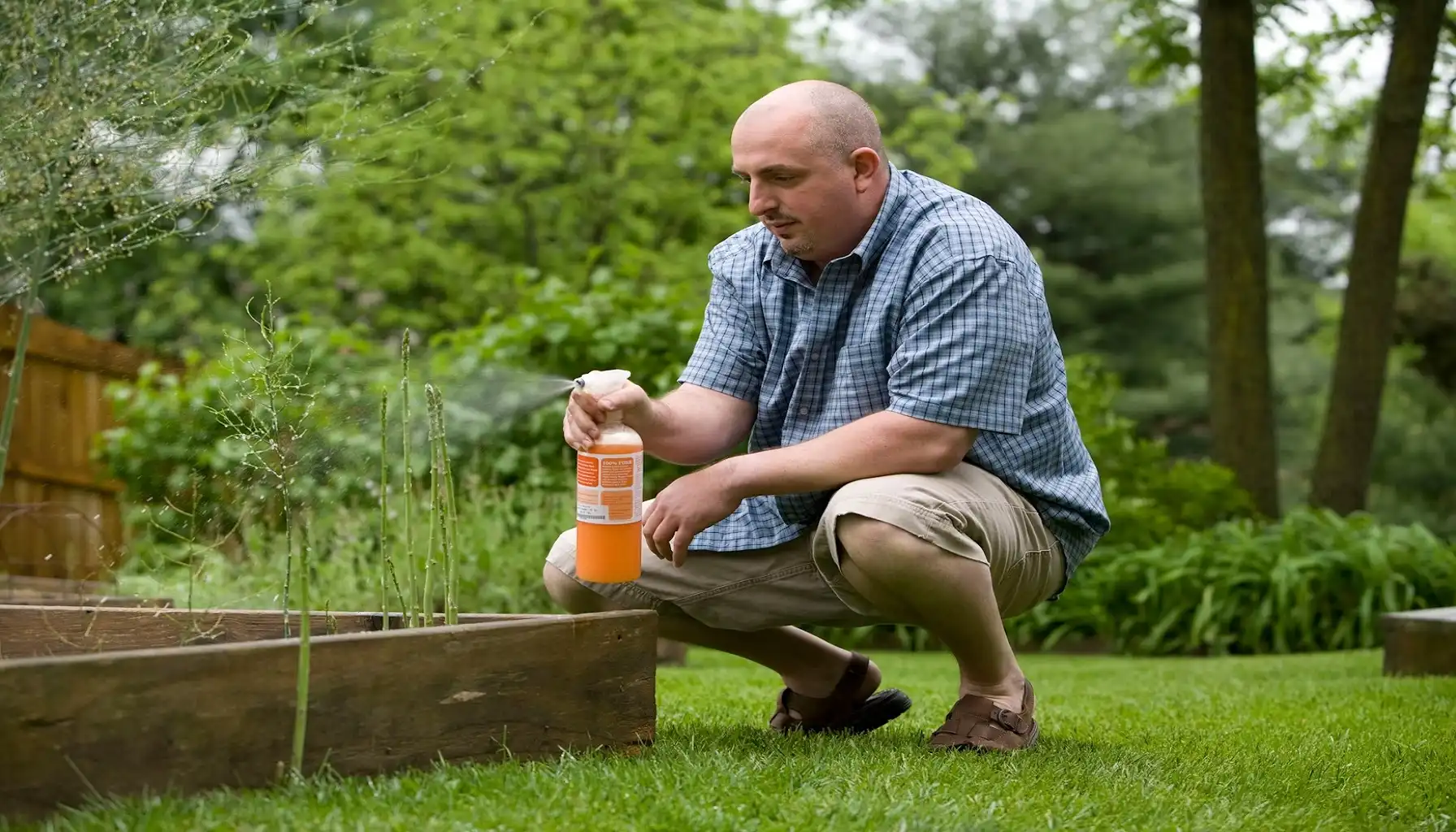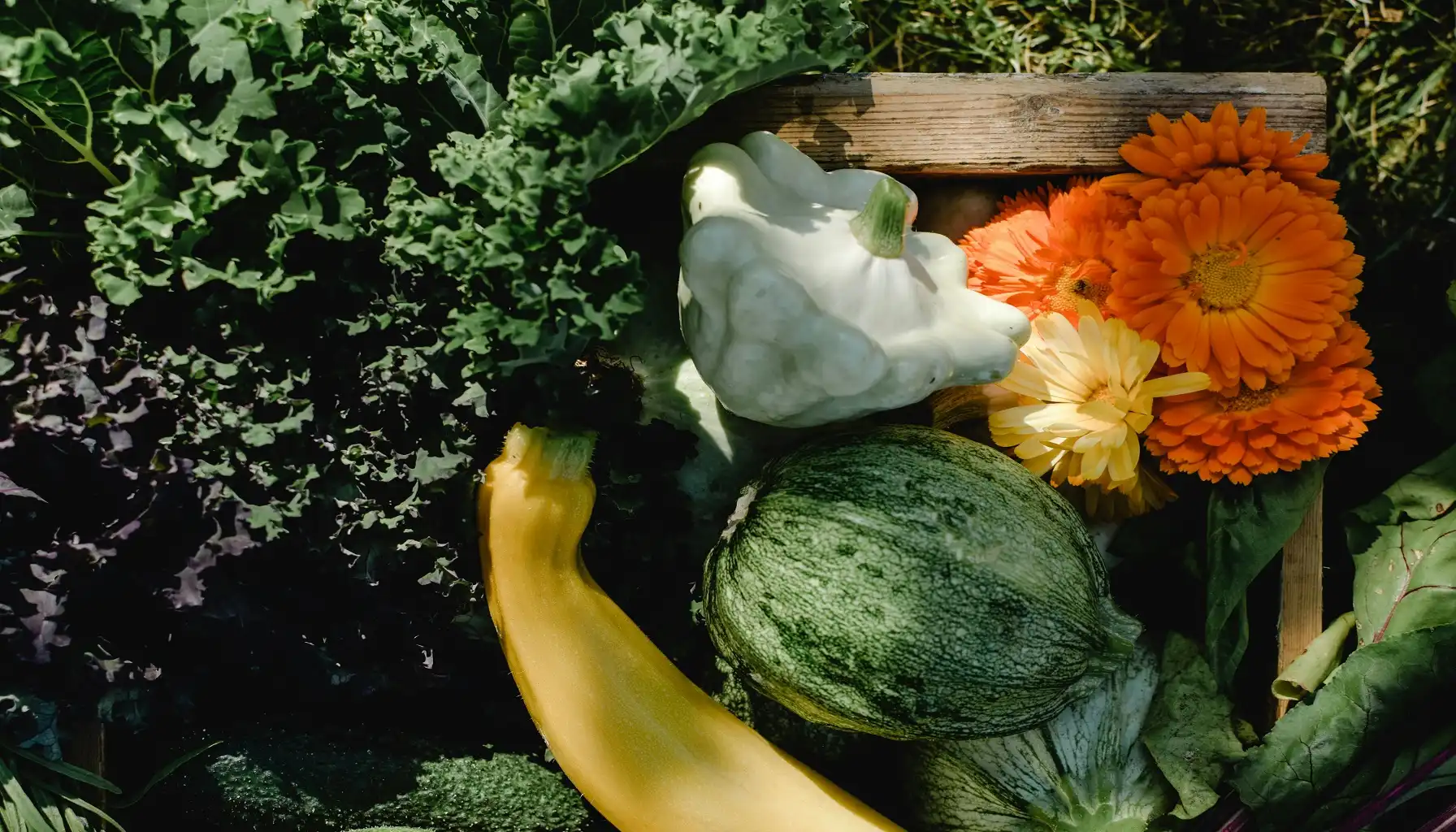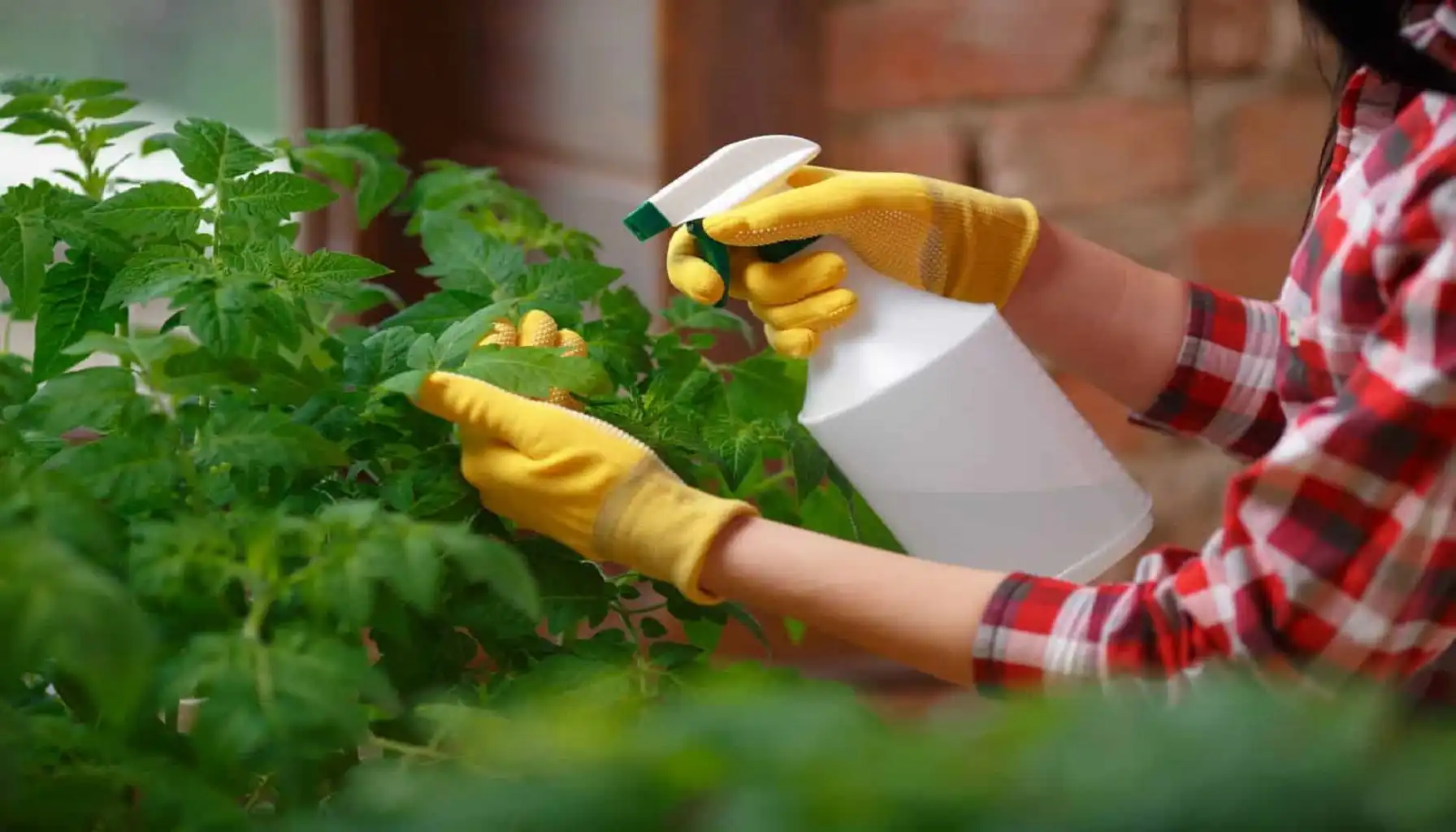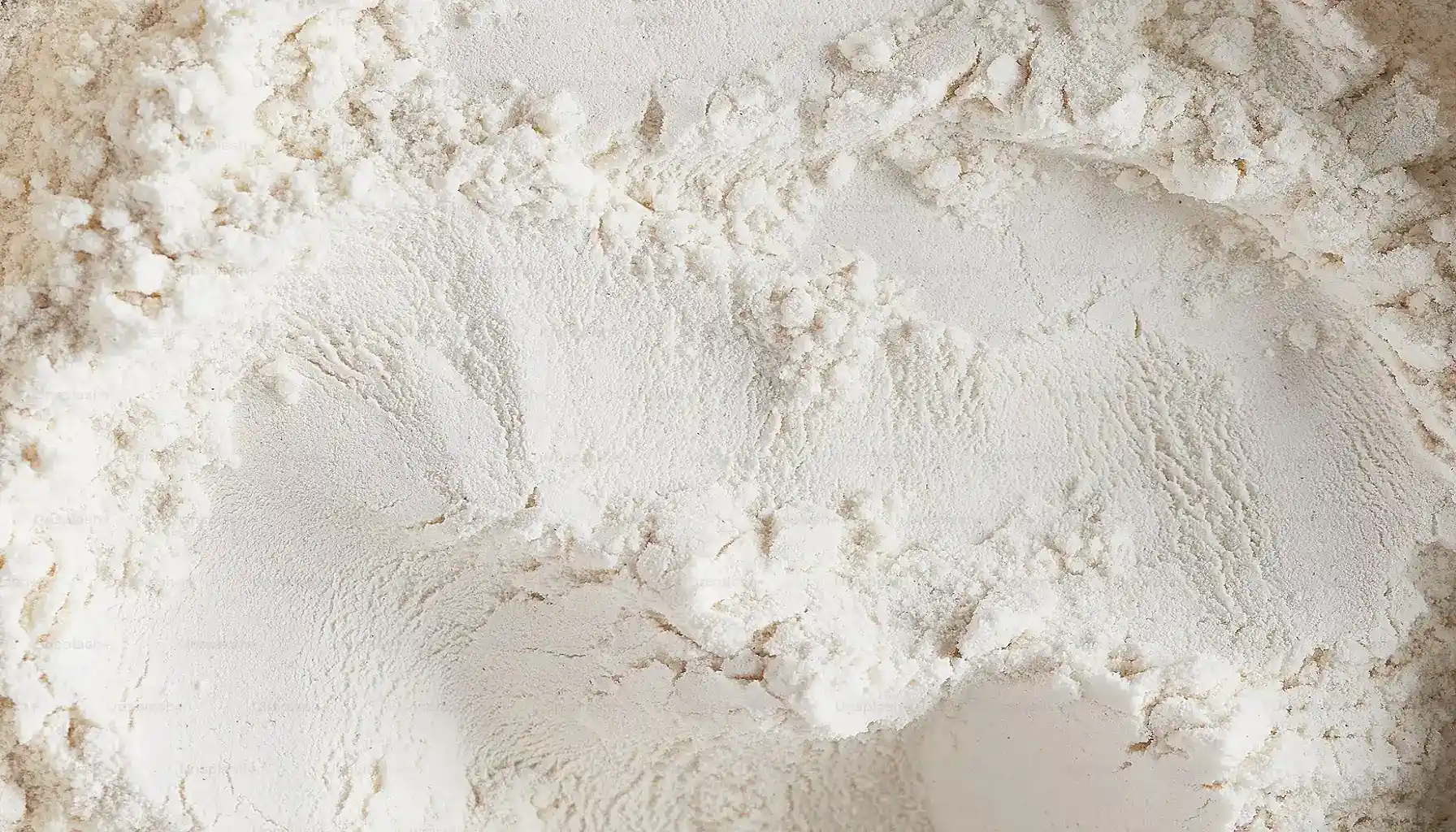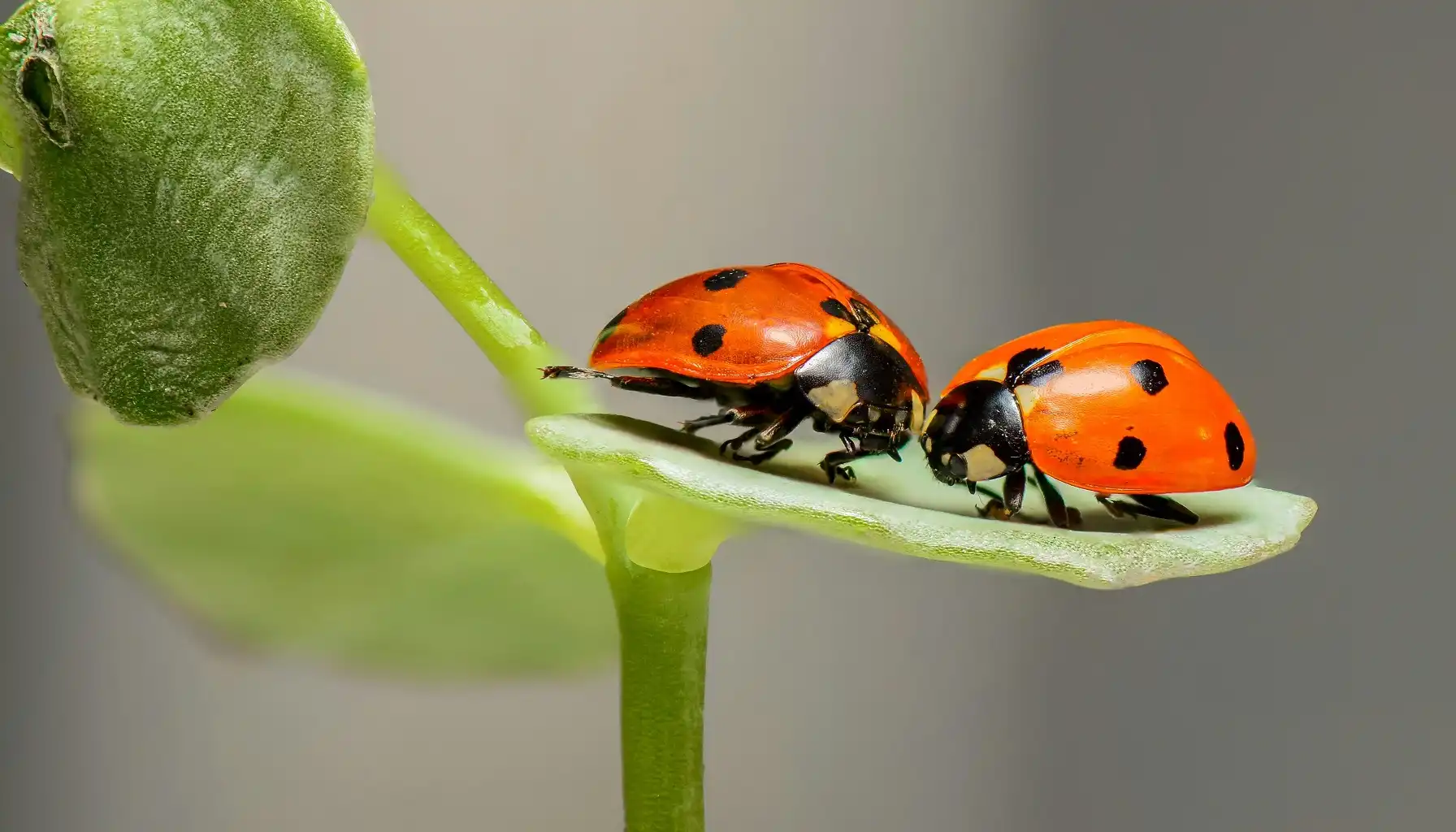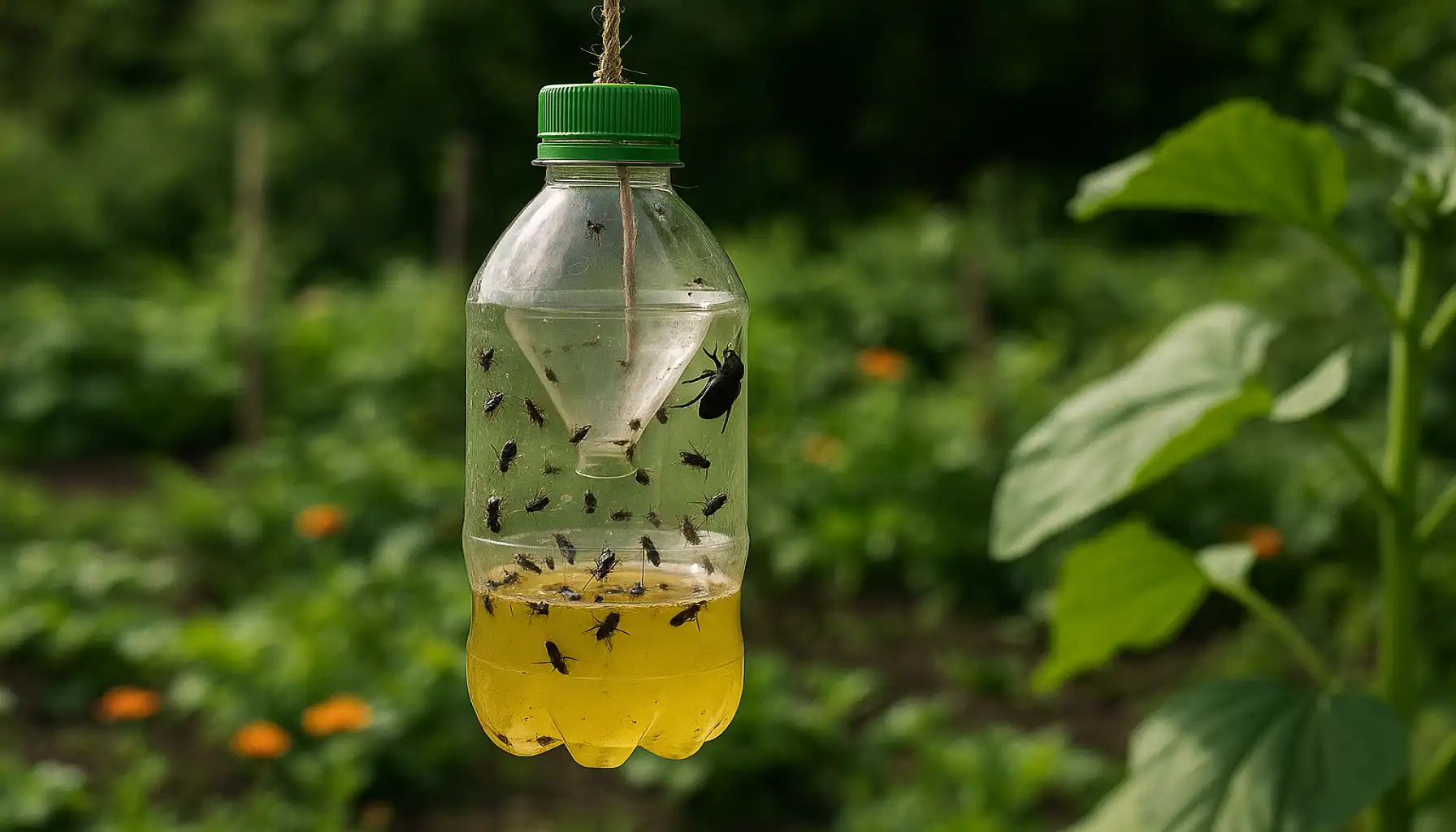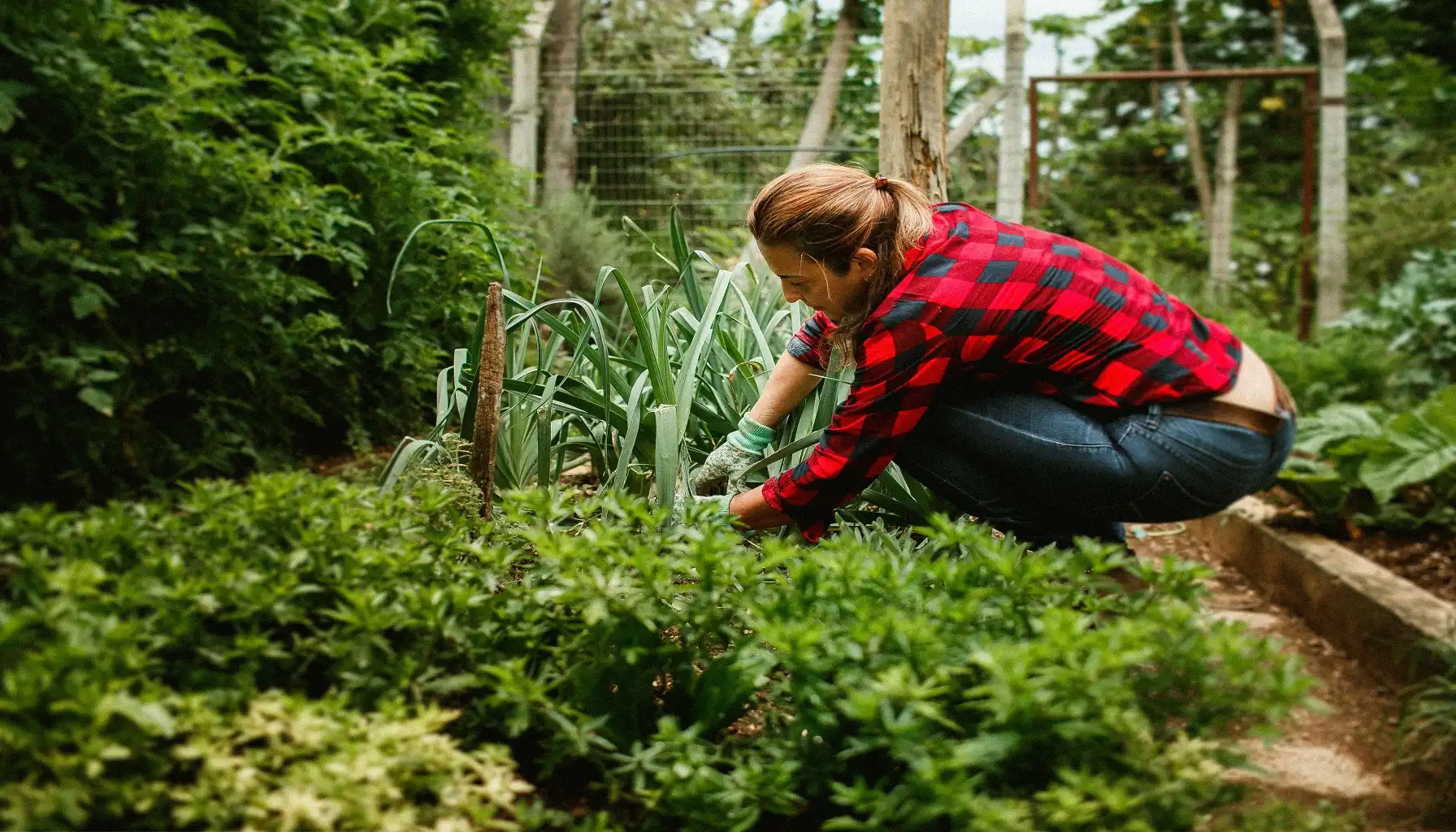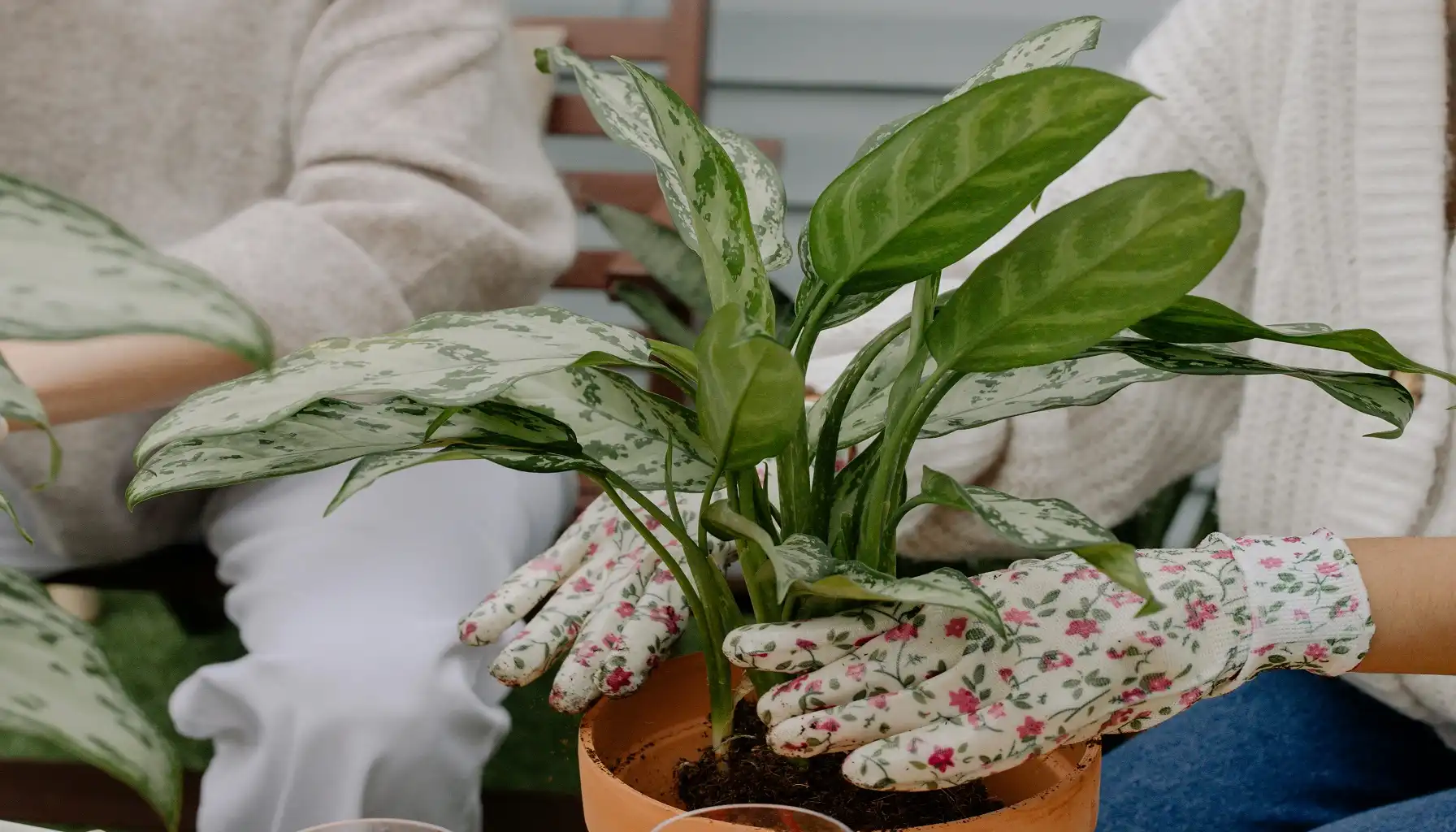If you once faced an infestation of aphids on seedlings or slugs in a strawberry bed, you know how difficult it is to preserve your harvest without harming nature. Chemical means really act quickly, but they leave traces not only on pests, but they are also absorbed into the soil, get into fruits and vegetables, and with them on our table.
That is why more and more people are choosing organic garden pest control - safe, environmentally friendly and no less effective ways to protect the garden. However, don't put the cart before the horse and ahead of applying any product you should identify a plant and understand exactly what you are trying to chase away.
Today we will talk about these nuances. Let's find out which organic gardening pest control options really work, which organic pest control companies you can trust and how you can get rid of pests without resorting to toxic products.
10 Organic Pest Control Methods to Protect Your Garden without Chemicals
1. Spray with Garlic and Pepper
One of the easiest and most popular diy organic pest control options is to make a natural spray of garlic and hot pepper. These ingredients repel most insects due to their strong aroma and natural antibacterial properties.
How to prepare:
Grind garlic and pepper, pour boiling water, let infuse for 24 hours, then strain and add soap. Pour into a sprayer and apply to the leaves - especially on the underside.
If you grow tomatoes, peppers or herbs, garlic pepper spray is really the best organic pest control for vegetable garden, which will help to preserve the harvest and will not affect the taste of the fruit. The main thing is not to apply it on a sunny day to avoid burning the leaves.
2. Companion Growing Method
Sometimes the best way to protect your plants is not a spray or chemicals, but the right neighbors. Companion planting is the principle that veggies or flowers are grown side by side to help each other: some repel pests, others improve the soil or even improve the flavour of the crop.
For example:
calendula and velvetleaf protect tomatoes from nematodes
basil next to cucumbers repels aphids and whiteflies
garlic next to strawberries repels mites
This isn't only aesthetically pleasing, but it's one of the most natural ways of pest control organic that were used for centuries. For people who strive for a healthy garden, such methods are the foundation of natural garden protection.
By the way, if you are starting from scratch, you can contact your local organic pest control company, where they will advise you on the best greenery combinations for your area.
3. Neem Oil
This is a concentrate from the seeds of the neem tree, which is a natural insecticide of wide application. It blocks digestion in insects, prevents them from laying eggs and yet is completely safe for bees, pets and soil.
Neem works effectively against:
aphids
mealybug
spider mite
whitefly
Simply blend 1 teaspoon of oil in a liter of water, add a little liquid soap and spray the greenery. Repeat the treatment once a week or after rain.
This is one of the most popular organic pest control products available at any garden store. It is especially useful in controlling pests on greens, zucchini, tomatoes and other crops - so if you know how to use neem oil properly, you receive a great way of organic pest control for garden vegetables.
4. Soap - Oily Spray
A simple but effective option is a spray based on vegetable oil and soap. It covers the insects with a thin film, disrupting their breathing and movement, but it does not harm the greenery.
Recipe:
Mix everything and spray the affected areas once every few days. Works great against aphids, thrips and spider mites.
If you are looking for the best organic pest control for home, this is one of the solutions: affordable, safe and can be used even on balcony plants. This spray is also often recommended by the experts from special services as a first step before more serious measures.
By the way, its effectiveness can even be seen in examples like ant & garden organic pest control photos, which show the results before and after the use of natural products.
5. Diatomaceous Earth (Diatomite)
It is the same thing as flint meal, i.e. a natural powder from fossil algae that dehydrates insects by getting on their chitinous cover. At the same time it is safe for people, animals and soil.
Suitable against:
slugs
ants
caterpillars and beetles
All you need to do is to simply scatter the powder at the base of your crops or in cracks in beds. The main thing is to apply in dry weather: when wet, the product loses its effectiveness.
This method is often used in organic lawn pest control to protect the grass from grubs and ants without the use of chemicals. If you want to get rid of insects gently without affecting plant growth, this is the product for you.
6. Useful Bugs
What method of pest control is used least in organic agriculture? The answer is biocontrol (although it is very underrated). Sometimes, to defeat insects, all you need to do is... invite other insects.
The most useful allies are:
ladybugs (eat aphids)
lacewings (fight larvae)
nematodes (kill soil pests)
wasps (parasitic wasps target and kill caterpillars, whiteflies, and other pests)
They all maintain the balance in the garden and yet are completely safe for plants and people. This strategy can be very effective, but not everyone knows how to use it correctly. But it is enough to start useful insects once - and they will work for you all season long.
So, you can turn to the companies to get kits with biological agents, which can be used both in the urban garden and at home. They are also available through organic pest control franchise - especially popular in southern states, where insects are active almost all year round.
7. Orange - Vinegar Spray
If you don't want to use store-bought products and chemicals, try a fragrant and simple spray made from orange peels. Citrus essential oils and vinegar act as a mild but effective repellent.
What you'll need:
Infuse for 24 hours, strain - and ready. Spray on window sills, in greenhouses, at the entrance to them. This spray is also recommended by professionals, especially in warm climates - for example, in organic pest control Dallas.
And in regions with dry air, this method is often combined with solutions from Natural Roots Organic Pest Control to boost the effect and take local conditions into account.
8. Ash and Coffee
Not all organic remedies need to be bought - sometimes you already have everything you need at home. Ash and coffee grounds help just as much as store-bought remedies.
How to use:
Sprinkle ash at the base of plants - it deters slugs and works as a light fertilizer;
Spread coffee grounds on damp soil - ants, midges and snails don't like it.
This method is especially convenient for those who do not want to spend money on ready-made remedies and prefer to use what is already at hand.
9. Traps and Barriers
Sometimes prevention rather than control is the best solution. And this is where physical protection (like beetle traps and others) can help the best: simple mechanical barriers can significantly reduce the appearance of pests.
What works:
trapping belts made of fabric on the stems (against caterpillars and ants)
copper bands - for protection against snails and slugs
plastic hoods or nets to protect young seedlings
Physical barriers are especially effective during the initial period of greenery growth, when shoots are most vulnerable.
10. Help of Professional Sources
If insects are out of control, don't be afraid to ask for support: opt for eco-friendly services in various regions that can provide you with environmentally friendly and safe ways to save your garden. Some of them you can see on the table below.
Region | What is offered | Tips |
Organic pest control Austin | Protection systems for vegetable beds and greenhouses | Ask if they work with young seedlings |
Organic pest control Scottsdale AZ | Garden care in dry climates | Look for firms that offer adapted local solutions |
Organic pest control Gilbert AZ | Treatment of shrubs and fruit trees | Good for family vegetable gardens |
Organic pest control Phoenix AZ | Biological protection in hot climates | Ask about heat tolerance |
Botanical Organizations of Los Angeles | Services for summer houses, urban gardens and houseplants | Ask about the composition of the products used |
Services of Control San Antonio | Comprehensive lawn and vegetable garden care | Suitable for all looking for sustainable and proven solutions |
And if you're not sure what kind of plant or how to help it - just check it first through the Plant Finder app. The app will help you quickly identify the crop and understand what conditions or threats are characterized by choosing the appropriate organic method of care. For example, due to Plant Finder insights you can learn that sugar water effects can be harmful to your plants, so you should opt for other natural solutions to feed or protect your greens.
Harmonious Result
Caring for the garden is not about struggle but more about balance. Organic ways can do more for you: give you results, as well as the reassurance that you are preserving the nature around you. So, try, combine, observe - and let your garden be as beautiful as truly alive.
Related AI Plant Finder Posts

